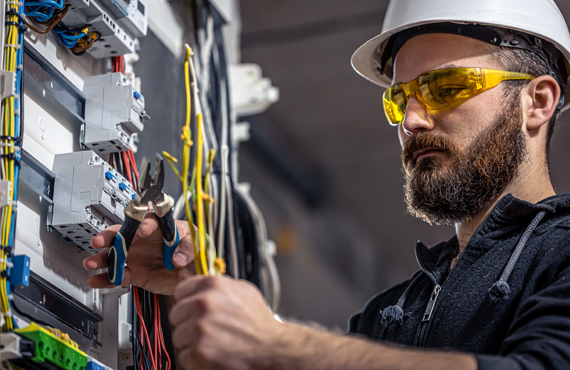Our MEP (Mechanical, Electrical, and Plumbing) services encompass a broad range of expertise in designing, installing, and maintaining mechanical, electrical, and plumbing systems for various buildings, including residential, commercial, and industrial properties.
Our team of highly skilled and experienced professionals is dedicated to providing exceptional MEP services that meet our clients' specific needs. We use the latest technologies and materials, coupled with industry-leading MEP techniques, to ensure that every project is completed on time, within budget, and to the highest standards of quality.

